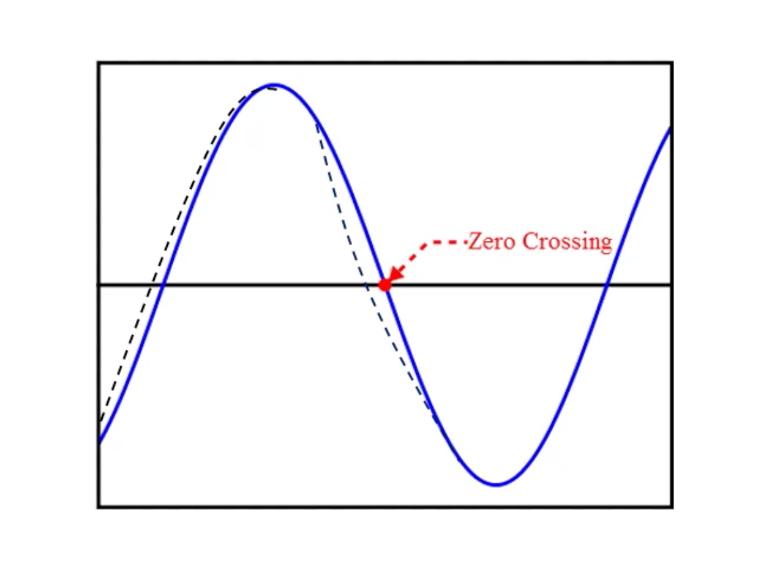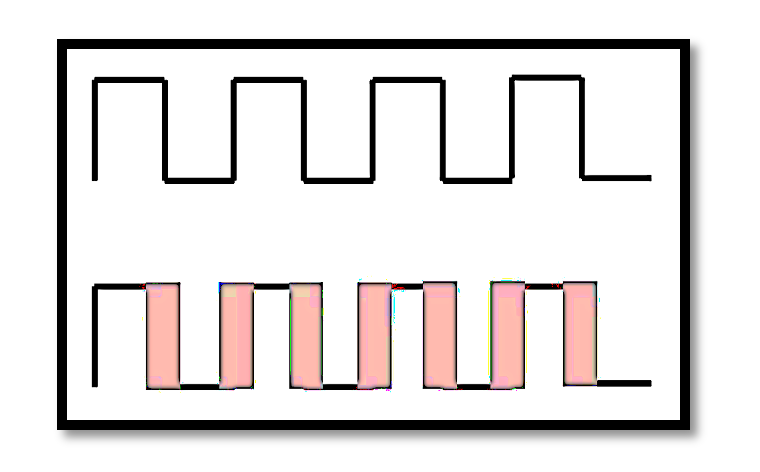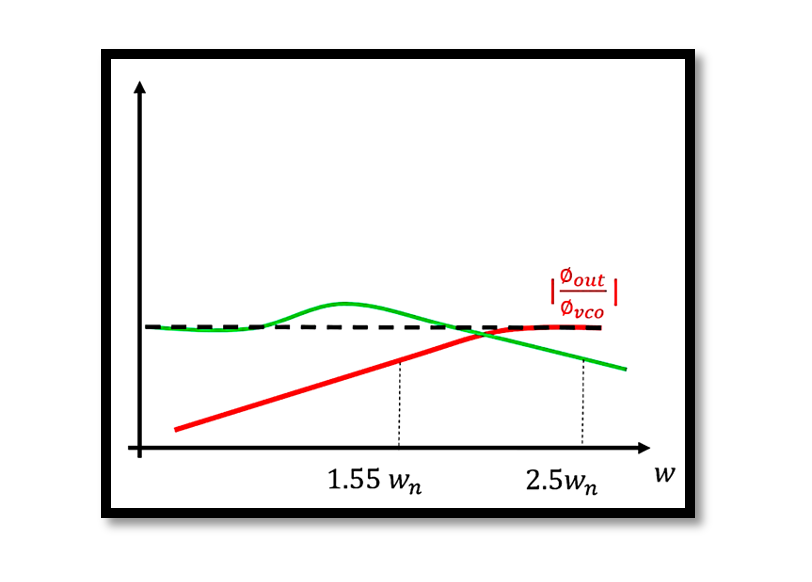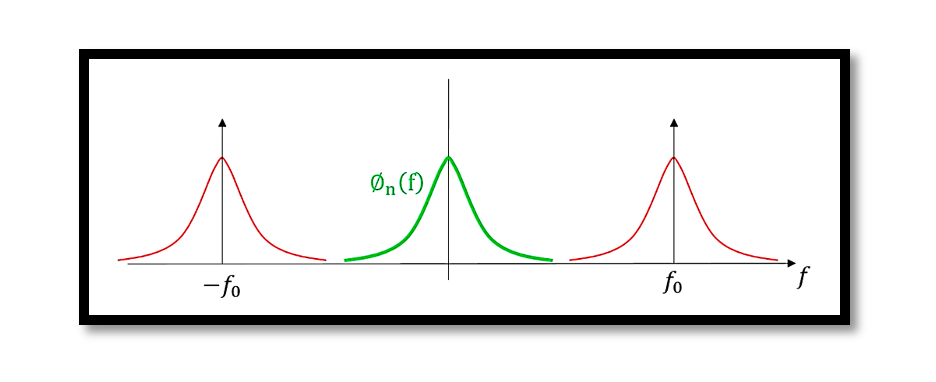Phase noise is a critical parameter in the design and analysis of phase-locked loops (PLLs) and oscillators. It represents the short-term, random fluctuations in the phase of a signal and can significantly impact the performance of communication systems. This comprehensive …
Introduction In electronic circuits, particularly those involving signal processing and communications, the stability and precision of oscillators are paramount. Two critical factors that affect the performance of oscillators are jitter and phase noise. This blog will explore these concepts in …
A Phase-Locked Loop (PLL) is a feedback control system that synchronizes the phase of its output signal with a reference signal. This synchronization is crucial for many applications such as frequency synthesis, clock generation, and demodulation in telecommunications, computers, and …
Phase noise is a critical parameter in the performance of oscillators, particularly in the context of Phase-Locked Loops (PLLs). It manifests as random fluctuations in the phase of a signal, which can degrade the performance of communication systems, signal processing, …
In this blog, we will explore individual Phase-Nosie contributors in a Phase-Locked Loop, how they get shaped by closed loop, and how they combine to produce typical Phase-Noise profile of a PLL. This fundamental understanding is vital in optimizing Phase-Noise …
Are you wondering about calculating Phase-Noise requirements for a certain wireless communication link? If yes, the article is for you! This series of blogs addresses the following common questions that engineers usually come across while designing RF systems: What is …




